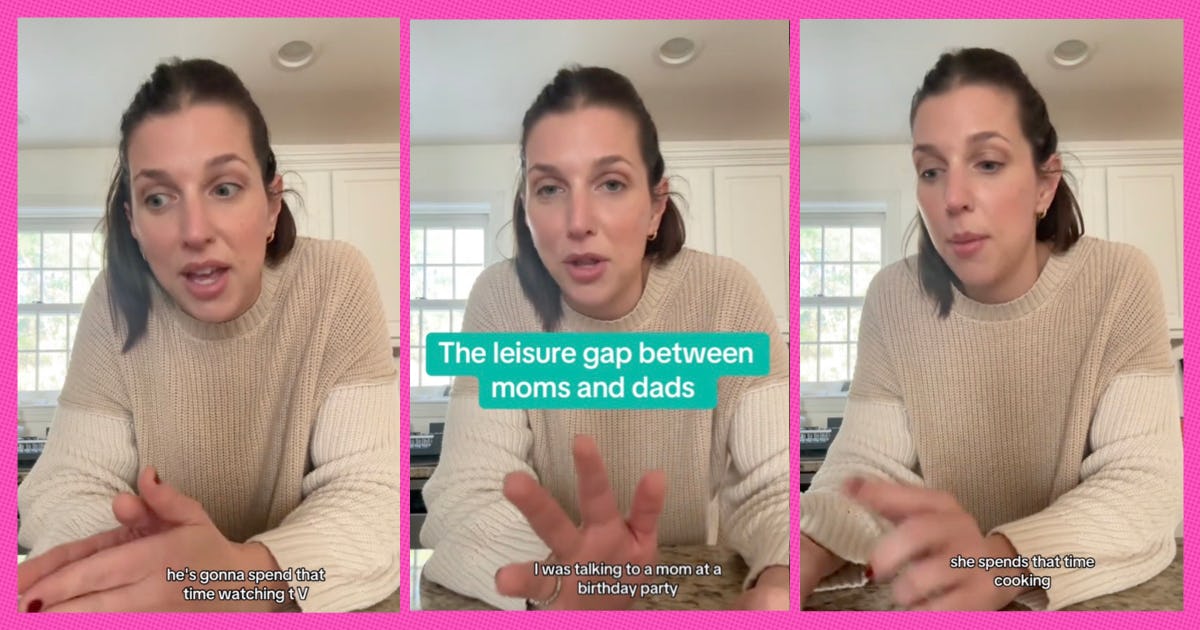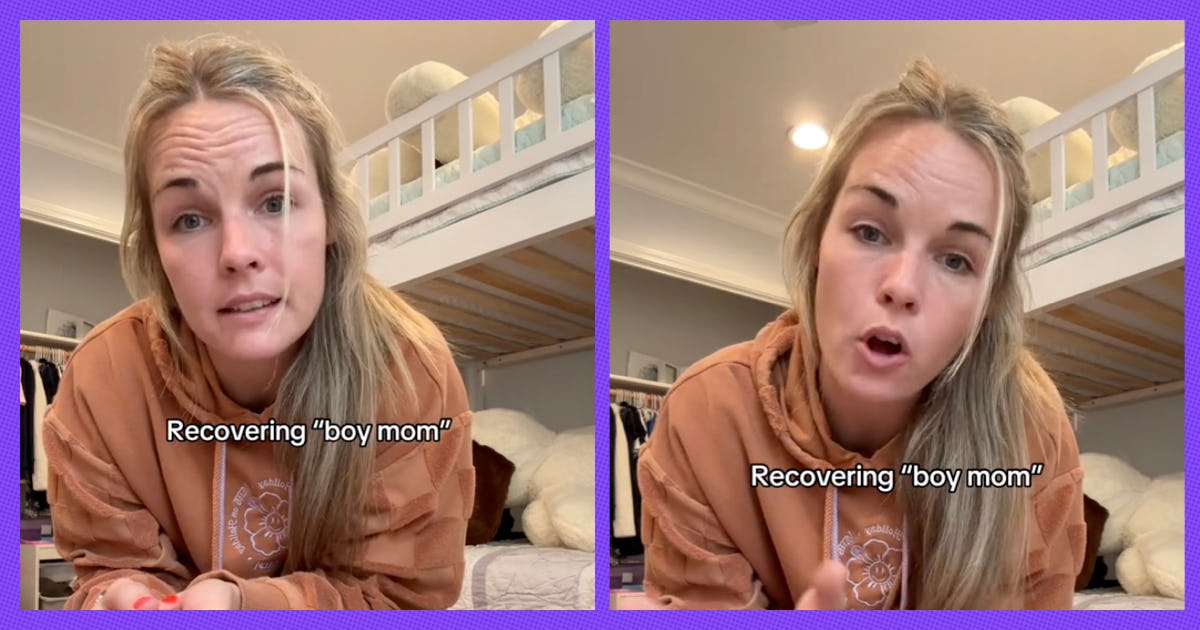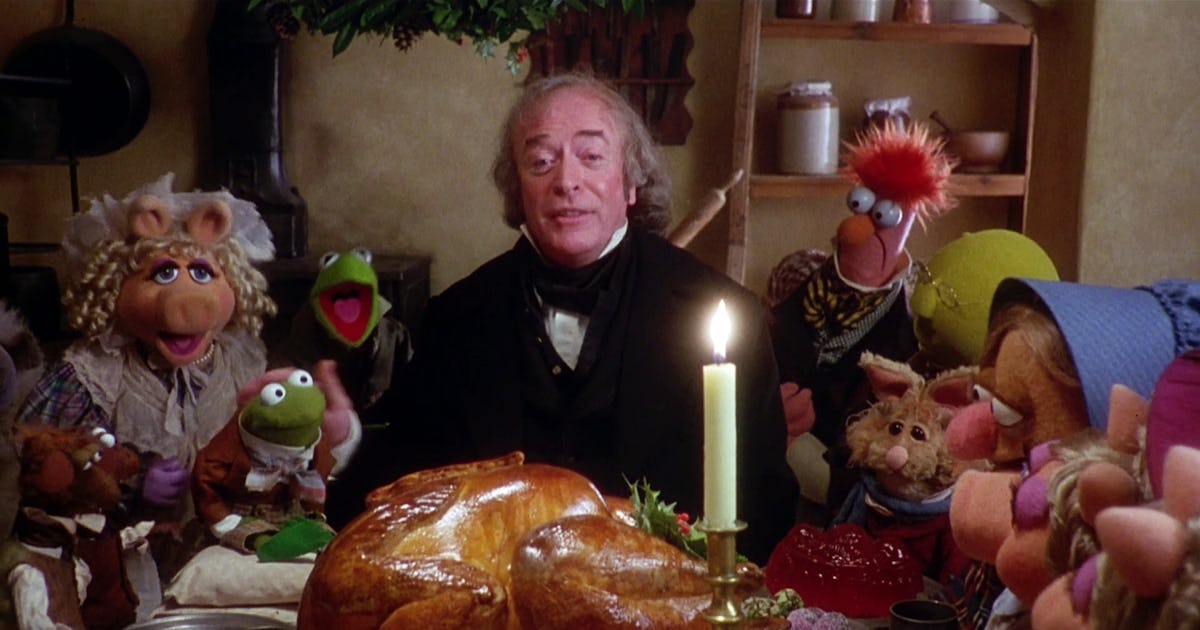24 hours a month, I hate my family. My period came two days later. At this point, I was relieved because it meant I didn’t actually hate them, it was just my period. This happens every month. I have been menstruating for 35 years. You’d think I’d have a handle on this period by now. But obviously I still get blindsided by what happens every 28 days when it comes to my own body.
Why is this monthly psychodrama frustrating me? Of course, whenever I get my period, every month I get angry, then surprised, then relieved. But the truth is, understanding my body and its patterns has changed my life for the better. I hope my daughter knows more than I do. I want her to understand her body’s rhythms and signs so it doesn’t feel mysterious or surprising to her. The world will tell her suck it dry or that it’s no big dealbut I was determined to help her forge a new path. I want her to experience her connection to her body and realize how her body feels and why. Not an enemy to fight, not a burden to resent, but a lifelong companion.
I know this sounds obvious (and a little weird), but our bodies are always with us. They are like a close friend with whom we constantly connect and grow, just as our friends change through different stages of life. As someone who has learned to manage my periods, gone through four pregnancies, given birth to four children, and is about to enter menopause, I have learned this lesson over and over again.
- Uh, why do I have such dark circles under my eyes? Of course─my period is coming soon.
- Why is there a strange tingling sensation on the side of my abdomen? Oh yeah, I’m ovulating, that’s mittelschmerz (No kidding, that’s what the slight pain during ovulation is called).
- My back suddenly killed me. Ah yes, I’m about to get my period.
Teaching my daughter tips on how to manage her period was certainly tactical to some extent – try this size pad first, you’d do it when there’s blood on your underwear – I don’t want to minimize the logistical considerations The importance is. They are often a child’s biggest worries. For example: Ibuprofen doesn’t work, what else can I do? I still remember the first time my pediatrician told me to take Aleve instead of ibuprofen, a complete game changer. Or when my British mother-in-law introduced me to the joys of a hot water bottle, which was the most delicious relief.
But teaching embodiment is not something you instruct others to do, but a journey of self-awareness. For my own child, I can be a guide, curious and willing to participate in her process of self-discovery. My goal is to give her the tools to understand herself.
Here are some of the ways I’ve helped my daughter begin to understand her periods, partly to help her manage her daily routine and partly to build self-awareness about her body:
Continue to sign in during the first few years of her period. We are very focused on the first stage, but there is a long and winding road after the first mark. This is an important moment. Some questions to ask: Are the products you use comfortable? Have you heard of any new products that you’d like to try? Make sure you refill your period bag and keep it in your backpack? Summer is right around the corner, do you want to try tampons or opt for some vintage swimsuits?
Menstruation should not get in the way of normal life. If they do, there’s work to be done. Historically, girls have been told to deal with it, but these are signs that there might be something more going on. So, for example, if your child bleeds through the super-absorbent pad every hour or stays up all night because of excessive bleeding, it’s time to see a doctor. If her pain is so severe that she can’t get through school days, it’s time to see a doctor. If her period is still irregular more than two years after her first period, it’s time to see a doctor. But kids don’t always tell us, which means we need to keep checking in and paying close attention.
Mood swings during adolescence are normal But it’s important to know whether low or high moods are related to hormones or other factors. It can be worrying for your child to feel very upset, angry, or upset and not know why. That’s why explaining the hormonal cycles that occur during the menstrual cycle can be very reassuring. Why is it important to know if these feelings are independent of a period? In this case, something else may be going on, and it’s a good time to talk to a mental health professional or your doctor.
Things no one tells you! There are many aspects to menstruation, just the uterus and the ovaries, that no one tells you. Yes, bloating seems to get a lot of publicity, but somehow fatigue, dark circles, menstrual poop, etc. don’t get the same publicity. Just like you encourage your kids to track their periods (please use apps that don’t sell their data), you can also encourage them to notice other symptoms and share them with you. Maybe share some of your content with them, too. If you don’t have anyone to talk to, you have to constantly check in.
I recently told my entire family (and my three sons) that I can’t stand them 24 hours a month. After they recovered from their shock and anger, I explained to them why. This is not a get out of jail free card, but an opportunity to set an example for all of them (my son and daughter) on how I approach my body. Embodying hope is an awareness that everyone can develop, regardless of gender. It’s a lifelong process, and like a good friendship, we all deserve it.
Vanessa Kroll Bennett is a best-selling author and adolescent educator who helps adults cope with uncertainty while supporting the children they love. She is the co-author of the national bestseller This Is So Awkward: Modern Adolescence Explained, co-host of the This Is So Awkward podcast, and President of Content for Less Awkward. Vanessa has four children, ranging in age from 14 to 21 years old.




